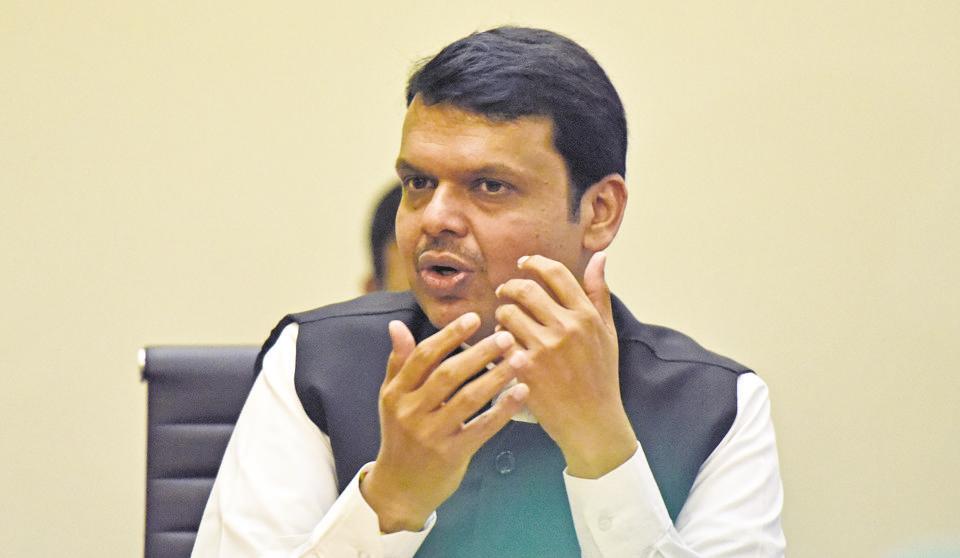Sugarcane is a major crop in some of the states in India with production touching 30 million tonnes by March 2018. The country is the second largest producer of sugarcane after Brazil which produces more than double of India’s output due to its sheer landmass and better techniques. The states of Uttar Pradesh and Maharashtra are the two major producers of sugarcane, accounting for more than half of country’s total production.
The sugarcane farmers have been playing a very important role in deciding the politics of the states where it remains as a major crop. In the state of Maharashtra, the nexus between sugar co-operative mills and politicians have been an open secret. All the major politicians of Congress and NCP in western Maharashtra and Marathwada region for long have enjoyed control over the co-operative sugar mills and the co-operative banks which operate in the area. They control everything in the sugar production cycle which ranges from financing the purchase of seeds to the processing of crops and their sale in the market. The production of sugarcane in the country is more than the consumption. Sugarcane farmers, being more organised and financially more powerful than ordinary farmers, are able to manipulate the government policies in their favour. So, the sugarcane farming is continued despite the fact that it is neither profitable for the farmers unless government features in with MSPs nor sustainable to the environment.
Maharashtra government, in Maharashtra Groundwater (Development and Management) Rules 2018 draft notified that the farmers need to take government’s permission before sowing ‘water intensive crops’ in groundwater stressed areas. The groundwater level is depleting fast in many parts of the country and if farming of water intensive crops like sugarcane is continued, these areas will face acute shortage of water. “Crop plan based on availability of natural resources is very essential for sustainability of agriculture, but all depends upon the instruments under the state’s disposal to implement that,” said Ajay Vir Jakhar, chairman of Punjab Farmers Commission. The repeated sowing of water intensive crops will lead to disaster and upcoming generations to be pitched against life-threatening problem in return for a little benefit of the current generation.
Two regions of Maharashtra-Marathwada and Vidarbha are among drought prone areas of the country. The farmers in Marathwada region sow sugarcane because it becomes profitable with government support and the previous political establishments like Congress–NCP which ruled the state for 15 years supported sugarcane farmers to reap political benefits. But a visionary government always thinks for the long-term benefits of the people and society rather than manipulating the present situation for political dividends. The Fadnavis government’s decision to encourage non-water intensive crops is in the larger interest of people of the region and appears futuristic.
The sugarcane production in the country stands at around 30 million tonnes which is 5 million tonnes higher than domestic consumption capacity of the country. This excessive sugar could not be exported because Indian exports are not competitive in global market as countries like Brazil and Cuba export sugar in far lower prices. Therefore, farmers need to be encouraged to produce alternative crops for financial and environmental benefits. In long term, production of alternative crops will solve the problem of fast depleting groundwater reserves as well.
